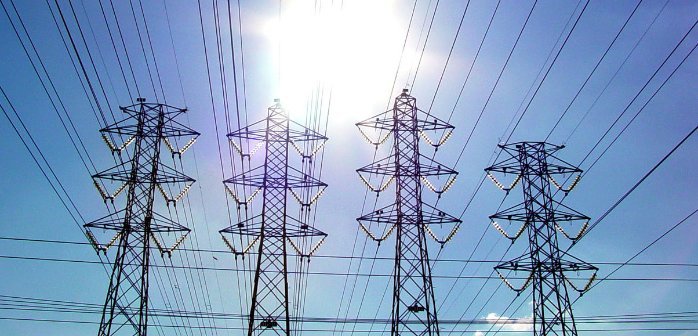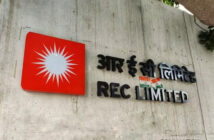(FE)
Even as over 40,000 MW of private power plants are stressed for want of power purchase agreements (PPA), state-run NTPC is busy adding new capacities at high capital costs. This is thanks to a strong legacy of PPAs executed before 2011 under the erstwhile cost-plus system. Since the capital costs of many of NTPC’s upcoming generation units are much higher than the industry average of Rs 6.5 crore/MW — even Rs 9 crore/MW in case of Bongaigaon unit in Assam —, consumers may need to brace for high tariffs. While PPAs for about 73% of NTPC’s 13,100 MW coal-based under-construction capacity were signed before 2011, more than 8,000 MW of commissioned private power plants are currently stressed due to lack of assured markets via PPAs.
NTPC acquired its privileged status by signing several PPAs on a ‘cost plus’ basis, before it became mandatory for power generators to discover electricity tariffs through competitive bidding. Just before the January 2011 deadline for shifting to competitive bidding regime, the company had tied up PPAs for a huge 40,840 MW. While bulk of these capacities have been built, 7,500 MW is now under construction. Private players had complained to the Central Electricity Regulatory Commission (CERC) that PPAs were signed by NTPC in a hurry “with a clear intention of bypassing the impending competitive bidding requirements”. According to Ashok Khurana, director-general, Association of Power Producers (APP), since NTPC bears no risk from its projects covered under the cost-plus mechanism, the situation is adversely affecting private power players who are in dire need of PPAs. NTPC’s inefficiencies are also bleeding the discoms, considered as the weakest link in the power chain, he noted.





